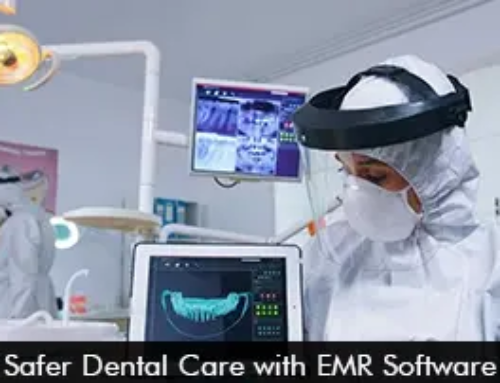Healthcare technology solutions such as Electronic Medical Records (EMR) software are pivotal in automating and streamlining clinical, administrative, and financial workflows. An efficient and robust EHR system reduces physician time by 2 hours weekly. This means EMR Software can mitigate physician burnout, giving more time for providers to focus on patient care rather than cumbersome tasks.
Recent athenahealth Physician Sentiment Survey
The athenahealth Physician Sentiment Survey (PSS) interviewed 1,003 US primary care physicians and specialists. According to the survey, the American healthcare sector is currently facing challenges due to staffing shortages, administrative workflows, and increased demand and expectation from patients to offer unsurpassed services.
Physician Burnout is a Problem in The US healthcare Sector
93% of clinicians that were surveyed expressed that most of the time they feel burned out and are also working outside of clinic or hospital hours. Healthcare providers are stressed by the increase in workload pressure. Hence, 56% of physicians are evaluating to leave the medical field. The burnout epidemic is often associated with unintuitive systems, an increase in administrative workload, and the pressure to keep up with regulation and technology requirements.
Physicians are also under increasing pressure to fulfill productivity targets, which means they work longer hours and spend less time interacting with patients. Stress levels are increased by the demanding nature of the work and the emotional cost of handling difficult cases and suffering patients.
The Role of EMR Software to Alleviate Physician Burnout
EHR software can significantly reduce physician fatigue by improving practice efficiency overall and expediting administrative duties. Routine documentation procedures can be automated by a well-thought-out EMR system, which will cut down on the time and mental strain involved in paperwork.
Intelligent feature integration can help with faster and more accurate data entry. Examples of these features include voice recognition and natural language processing to streamline clinical documentation. Additionally, by reducing duplication of effort, interoperability across several healthcare systems can improve provider collaboration and communication.
Artificial Intelligence – Pros and Cons According to the athenahealth Survey
- The absence of human touch with AI technology is the concern of 60% of clinicians.
- 42% of physicians feel that Artificial Intelligence could make matters more complex.
- The best implementation of AI tools should be in administrative tasks, data monitoring, and backend processes to maintain the human element in patient care.
Final Takeaway
Physician burnout has negative effects on patient care quality and contributes to workforce shortages as some professionals leave the field or cut back on their hours. The effects of burnout go beyond personal well-being. It is imperative to address these structural concerns to mitigate the rising issue of physician burnout in the United States.








